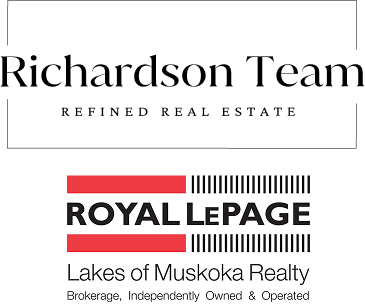
In May 2024, a buyer signed an Agreement of Purchase and Sale (APS) for a charming century home near Tillsonburg, Ontario: purchase price $775,000, deposit $25,000. Two weeks later, a catastrophic fire reduced the house to ashes. Luckily, the standard Ontario Real Estate Association APS contains an “insurance clause” that keeps the property at the seller’s risk until closing and gives the buyer two choices if “substantial damage” occurs:
- Walk away and get the deposit back.
- Close anyway and accept the insurance proceeds.
The seller’s insurer eventually tabled two options:
- Rebuild the home for $973,813.94 (contractor’s quote), or
- Pay a cash settlement of $749,375.37 (quote minus overhead, profit, and tax).
To buy time, both parties extended the closing to 28 August 2024. But when the buyer saw the insurer’s numbers, he asked for a one‑month extension and—critically—a guaranteed minimum payout. The seller refused, instead offering to assign the insurance proceeds exactly as the APS allowed.
On 30 August 2024—the final, extended deadline—the seller tendered all documents, including the assignment of insurance proceeds. The buyer wired the balance of funds but never registered the transfer. Moments before 5 p.m. he insisted, again, on a guarantee the APS didn’t promise. The clock ran out, the deal died, and the seller returned the funds minus the $25,000 deposit.
The Ontario Superior Court of Justice made short work of the dispute:
- The seller met every obligation: policy disclosed, proceeds assignable, closing documents ready.
- The APS never guaranteed a minimum insurance payout; it simply let the buyer choose between closing or walking away.
- By imposing a new condition (the guarantee) the buyer repudiated the contract and was not “ready, willing, and able” to close.
- Result: buyer’s claim dismissed, seller keeps the deposit.
| What happened | Why it matters |
|---|
| Standard clauses control | Don’t assume you can renegotiate risk after disaster strikes. The APS rules the day |
| Time is of the essence | Miss a closing deadline—even by minutes—and you risk losing the deal and your deposit. |
| Know your exit lanes | If you’re uncomfortable with insurance uncertainty, exercise your right to terminate before creating a breach. |
| Sellers: document everything | Promptly disclose policies, claim updates, and assignments. Courts notice diligence. |
| Buyers: seek advice early | Before demanding concessions, talk to legal counsel and your Realtor®—ideally one who knows waterfront (hi 👋). |
Disasters are rare, but contracts are relentless. Whether you’re purchasing a $2 million Lake of Bays retreat or a century farmhouse, understand exactly what your APS says about risk, insurance, and deposits. And if you need a steady hand to navigate the what‑ifs, my team and I are here to help.
Sources
- “Buyer loses deposit after failing to close on home destroyed by fire,” Real Estate Magazine (REM).
- James R. G. Cook, “Buyer breached agreement to purchase home that was destroyed by fire (McDonald v. Lowrie),” Gardiner Roberts LLP Blog, 6 Mar 2025.
- “Buyer’s demand for guaranteed insurance payout repudiates purchase agreement: Ont. Superior Court,” Canadian Lawyer, Mar 2025.
(All legal commentary is for informational purposes only and does not constitute legal advice.)



